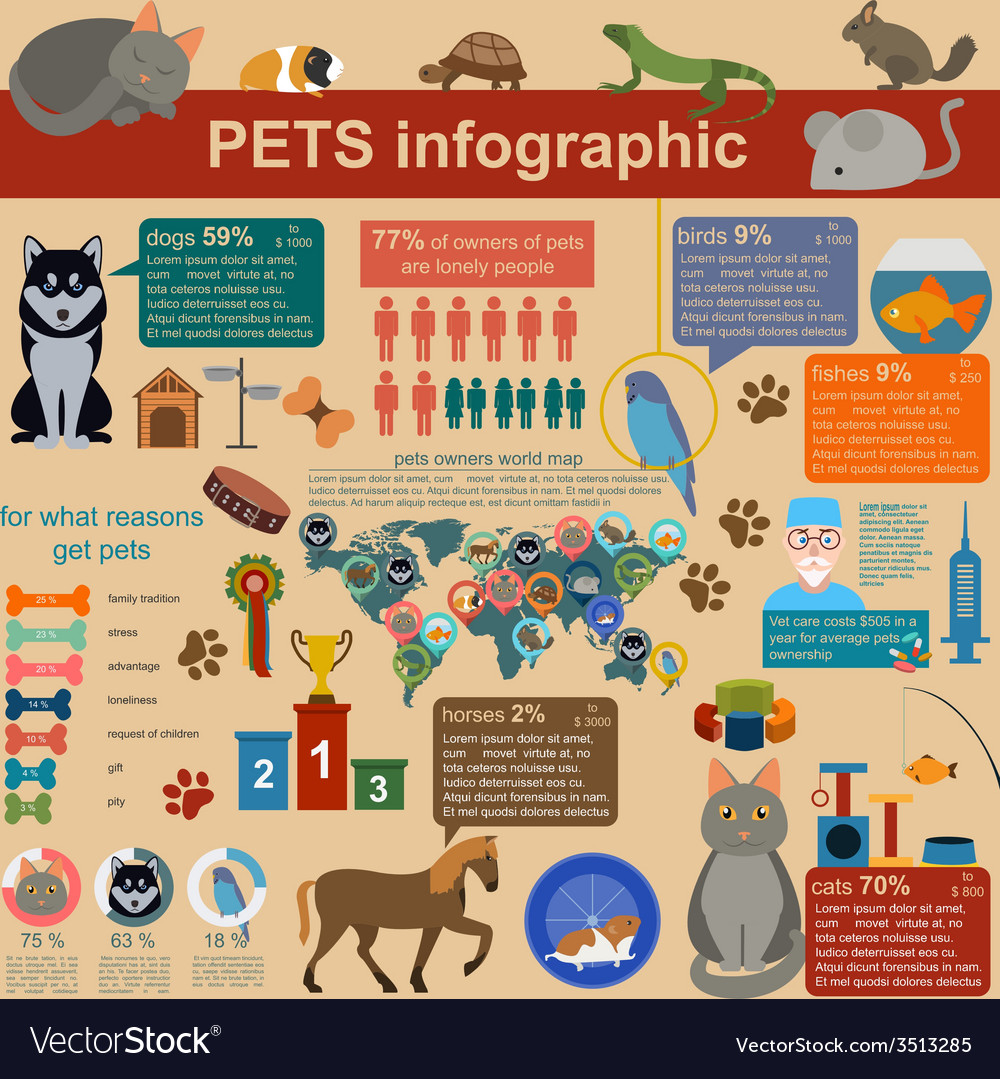Doggie childcare is a great way to socialize your pet in a safe and controlled setting. Similar to children, dogs at daycare can capture a selection of bacteria.
A few of these consist of: Dog distemper - an air-borne virus that assaults the respiratory system and gastrointestinal systems with signs and symptoms consisting of vomiting and bloody diarrhea. This is very contagious and can be deadly. Avoidance consists of an effective injection, and reliable centers commonly require this vaccination.
Dog Distemper
Much like children that go to school, canines at a pet dog park or day care can obtain several contagious illness. These can consist of kennel coughing, mange, ringworm, canine influenza, distemper, rabies, and parvovirus (parvo).
While there are lots of illness that create coughing, high temperature, loss of appetite or seizures, the combination of these signs with the development to a nerves condition is unique to distemper. This can lead to fatality, particularly in pups and unvaccinated adult dogs.
Distemper is spread mainly by direct get in touch with in between pet dogs, but can also be transferred via respiratory system secretions or by contact with common food bowls, products, tools and surface areas. The infection is lost in physical secretions, and infected hands, feet, noses and mouths. Pups and strays are most susceptible to infection.
Canine Flu
A really transmittable viral condition that affects dogs (and in rare cases, cats). It is spread by breathing secretions and polluted items, such as chains, playthings, food bowls and collars. It can additionally be transferred from human hands to the mouth and nose of infected canines.
Symptoms include coughing, sneezing, drippy nose and eyes, fever and loss of appetite. Serious situations can result in pneumonia.
Since this is a fairly brand-new condition, the majority of pets have no all-natural resistance versus it and will certainly end up being infected when first subjected. Injections are offered. Trusted day cares and boarding facilities will require all canines to be as much as date on their influenza, bordetella and parainfluenza vaccines. If your boarder collie dog dog is experiencing signs and symptoms of kennel coughing, it's ideal to keep them home from day care up until they are clear of the disease.
Dog Cough
Canine infectious tracheobronchitis, more commonly known as kennel coughing, is a multifactorial condition triggered by a range of viruses and microorganisms. Commonly, influenced pet dogs establish a dry hacking cough that is made worse by exercise or excitement and can last for weeks. More severe cases can lead to bronchopneumonia and call for hostile treatment including hospitalization for IV-provided anti-biotics, oxygen treatment and fluids.
The most common cause of kennel coughing is the bordetella microorganism, however infections can likewise be caused by herpesvirus, parvovirus and adenovirus. It is transmitted via beads released when infected dogs sneeze or cough, dog-to-dog contact and sharing things such as food and water bowls or playthings. Inoculation for this illness is available and is recommended for pet dogs who spend time in boarding facilities, brushing stores, dog day care and training classes along with those joining canine sporting activities or group dog strolls.
Dog Parvovirus
Canine parvovirus (CPV) is the most dangerous condition that impacts unvaccinated dogs. The infection strikes the intestinal tract, causing throwing up and serious diarrhea. It additionally contaminates the bone marrow, causing a drop in safety leukocyte. The weakened body immune system enables the infection to spread swiftly. It is specifically lethal for puppies and pets of young age, however it can also assault adult pets and various other canids like prairie wolves and foxes.
This extremely infectious illness is spread out with direct contact with a contaminated pet dog, the infected atmosphere such as kennels and food bowls, and also the hands and garments of people taking care of the canine. Inoculation for this health problem is effective, and trustworthy day care and boarding facilities will certainly require it. The kennel coughing vaccine is usually suggested along with the parvovirus vaccination.
Dog Parasites
Bloodsuckers may be inner (worms) or outside (fleas, ticks). Intestinal tract parasites can create a range of problems, however they are particularly significant in young puppies. As an example, hookworms connect to the intestinal wall surface and suck blood, leading to anemia in pups. Puppies may be contaminated with these parasites by consuming feces-contaminated soil or via the mother's milk throughout nursing. Puppies might also become infected with whipworms, which are single-celled bloodsuckers that affix to the intestinal tract and reduce nutrient absorption, creating chronic watery diarrhea.
Pet dogs can also be contaminated with tapeworms, heartworms, roundworms and giardia. If you notice worms in your canine's feces, a visit to your veterinarian is advised for diagnosis and therapy. Parasite infections are avoidable with regular monthly spot-on treatments and routine cleansing of food, water and feces bowls.
